Reviewed on:
PC
Platform:
PlayStation 5, Xbox Series X/S, PlayStation 4, Xbox One, PC
Publisher:
Sega
Developer:
Ryu Ga Gotoku Studios
Release:
Rating:
Mature
As far as pitches go, Like a Dragon Gaiden: The Man Who Erased His Name, the next game in what used to be called the Yakuza series, is hard to beat: Find out what happened to series protagonist Kiryu Kazuma between Yakuza 6: The Song of Life and Yakuza: Like a Dragon. The former ended with Kiryu faking his death to keep his adopted family of orphans safe. The idea was his story was over – he was moving on to the next chapter of his life. Developer Ryu Ga Gotoku Studio pitched it as such. Until the latter, when he showed back up, playing a large part in a game that was supposed to, and somewhat did, launch new series protagonist Ichiban Kasuga into the limelight. For the most part, Gaiden is an interesting bridge between those two games – even if it doesn’t always go as deep into Kiryu’s character as I hoped.
As it turns out, Kiryu was a secret agent for all those years. Following the events of Yakuza 6, Kiryu, now called Joryu, made a deal with the Daidoji, a secret organization with its hands seemingly in every part of Japan – from the underworld to the upper echelons of the government. Because the Daidoji helped stage Kiryu’s death, he’s now the group’s errand boy, acting as muscle by beating the holy hell out of anyone he’s instructed to. Until he gets involved in a hodgepodge of various conspiracies that ultimately lead to him helping disband the Omi and Tojo yakuza groups – a plot point Like a Dragon players may remember.
Gaiden’s story is in line with the quality we’ve come to expect from RGG’s titles, which is to say, it’s very well-told and gripping. I like the noir slant on what is often fantastical crime dramas, and Daidoji’s role in Japan makes it easy to buy into the plot’s more spectacular moments. And I especially like the way the back third of the game mixes in with Like a Dragon, even having you play through some of the events of that game. Hilariously, though, despite going to great pains to remind the player over and over that Kiryu is dead, just about everyone sees through his disguise; no one buys this Joryu front. Kiryu, always a lovable idiot, commits to the bit to the very end, but you spend large swaths of the game listening to the same conversations about how people thought Kiryu died and Kiryu telling them he doesn’t know what they’re talking about – he’s Joryu.
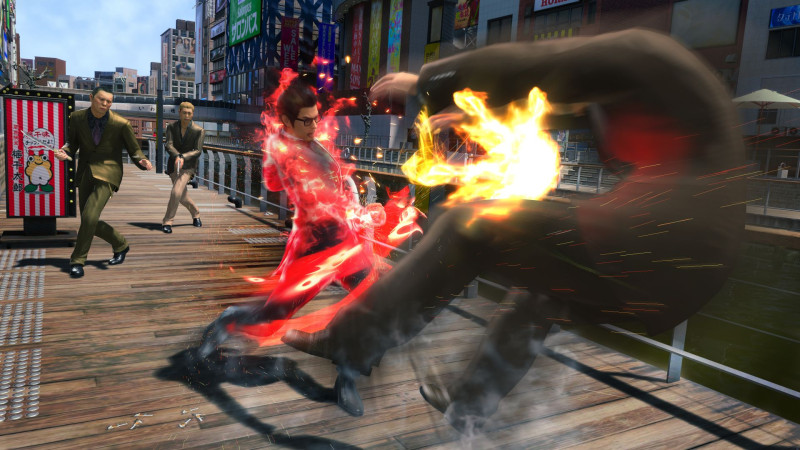

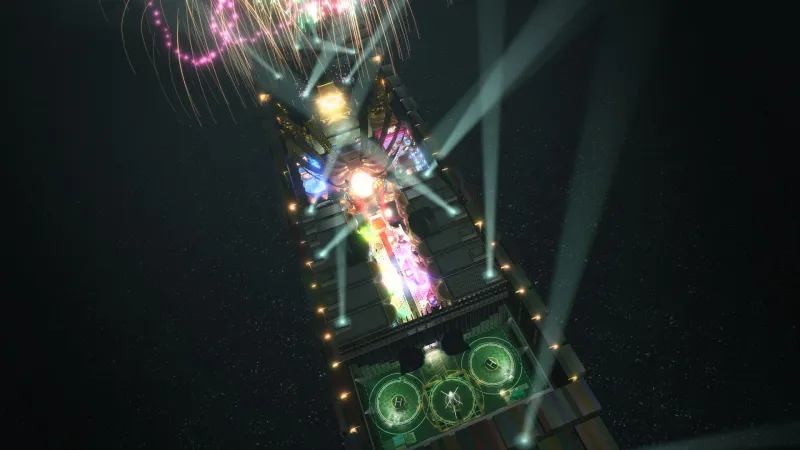
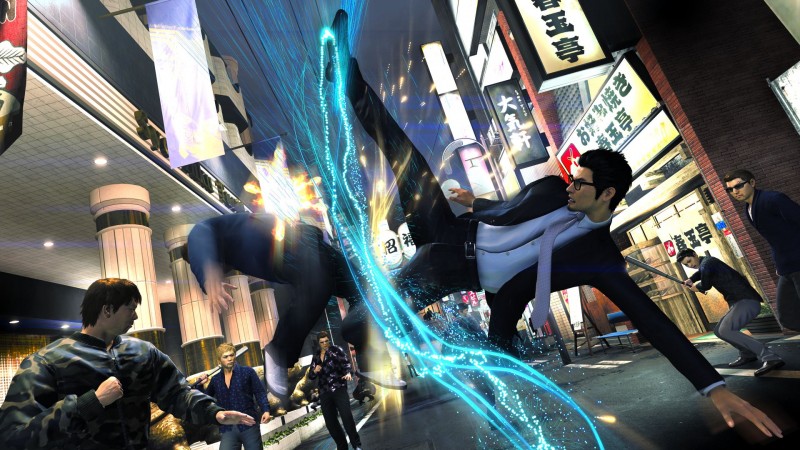

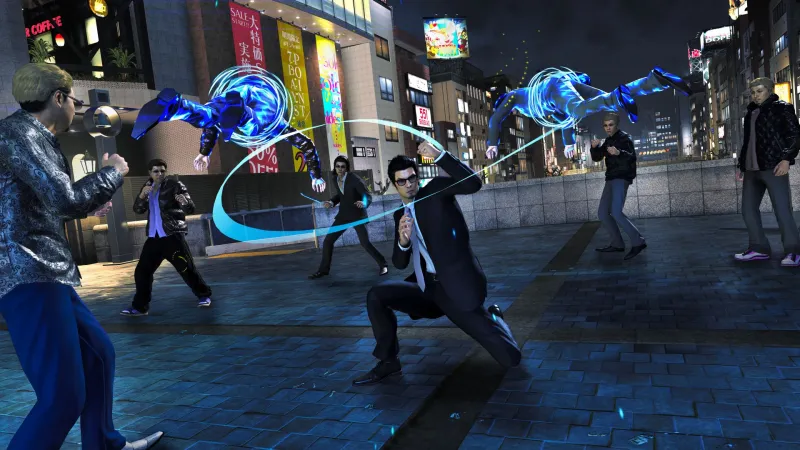
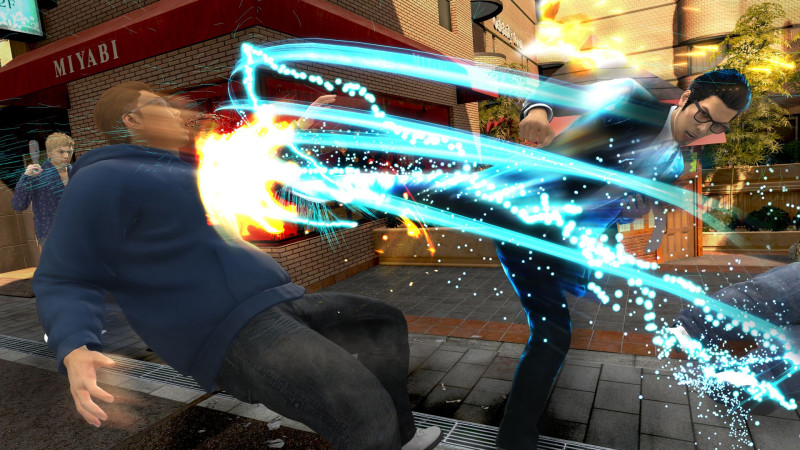
Where the story falters is being a satisfying bridge between Yakuza 6 and Like a Dragon. On one hand, I now know what Kiryu was up to – spy stuff. On the other hand, the reason he faked his death in the first place often feels like an afterthought. There are conversations gesturing towards Kiryu’s adopted family, but we don’t get a ton of time to examine the psychological impacts his staged death has had on him as a character; I never really got the sense that he was filled with sorrow or regret for having lived a life that got him to this point. That is until the ending, which is one of the best and most affecting in the entire series, but it would’ve been nice to see more of that paid off throughout the game rather than backloaded.
Gaiden returns to the series’ trademark brawler combat, and it has satisfying twists on the formula in line with Kiryu’s new job. There are two fighting styles: Yakuza and Agent. Yakuza plays similarly to other RGG games – you punch, kick, and beat up anything in your way. Agent is a faster but weaker combat stance, but with the addition of cool spy tools. – including an exploding cigarette, drones, and a cord that can tie up enemies. I like swapping between the two fighting styles. For example, starting with the Agent style to tie up and throw enemies around was great for crowd control and building up my special meter to unleash heavy attacks. After thinning the herd, I’d often switch to the Yakuza style to focus my powerful attacks on stronger enemies. It’s a layer of strategy I don’t feel like many other RGG games have had, which are often fun but mindless.
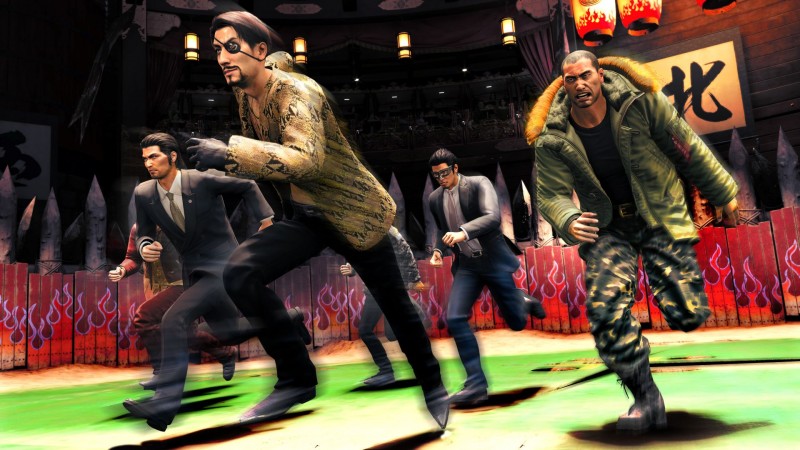
One last welcome change to the overall formula is how substories play out. At the risk of alienating the Yakuza fanbase, I’ve never been a fan of the wacky side stories in these games; I always want to keep the dramatic main story going. But the series often forced these diversions down your throat by making them automatically trigger out in the open world; it’s no exaggeration to say that in older games, this could happen five or six times on a short walk to an objective, depending on your route. Gaiden introduces Akame, a new character who is sort of like Kiryu’s manager. Most substories are now accessed through her rather than stumbled upon in the open world. It’s a small touch, but one I welcomed with my entire heart.
At only 14 to 15 hours, Gaiden is a fun, comparatively short return to the world of Kiryu “Joryu” Kazuma. By the time credits roll, Gaiden neatly establishes Kiryu’s role in the next mainline game, Like a Dragon: Infinite Wealth, and since that game’s out in a few months, the brief taste gave me plenty to be excited for. I wish the story were more interested in exploring who Kiryu is now that he’s forced into this double life, but as a thin bridge between games, Gaiden is a neat one. And I’ll always appreciate an excuse to hit the streets and the thugs therein with my favorite dummy.
